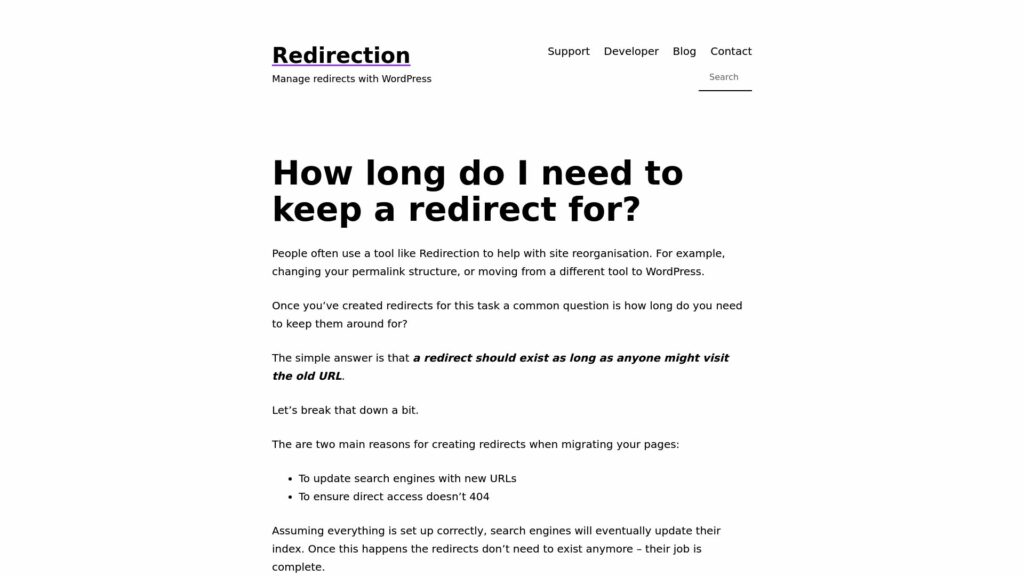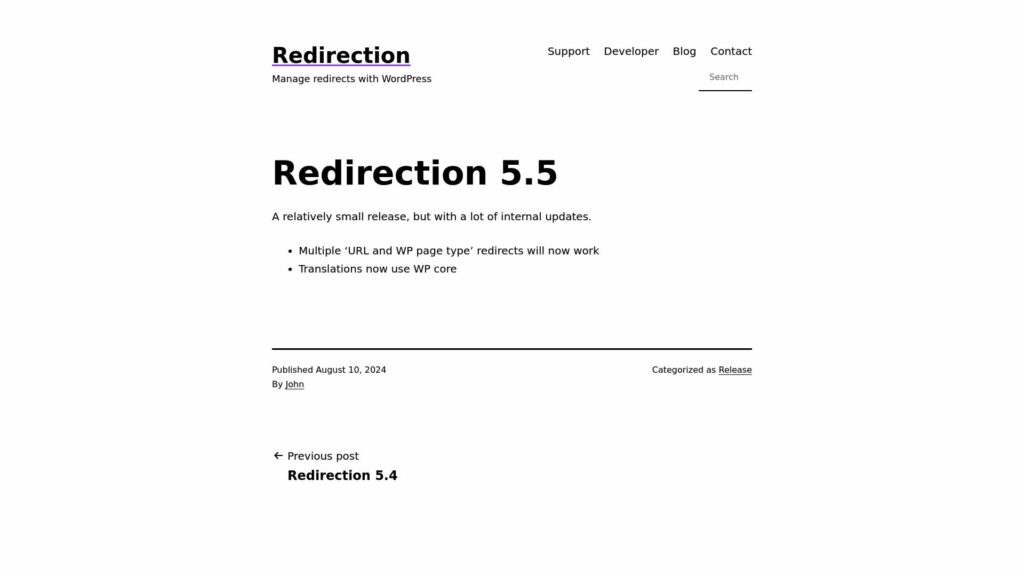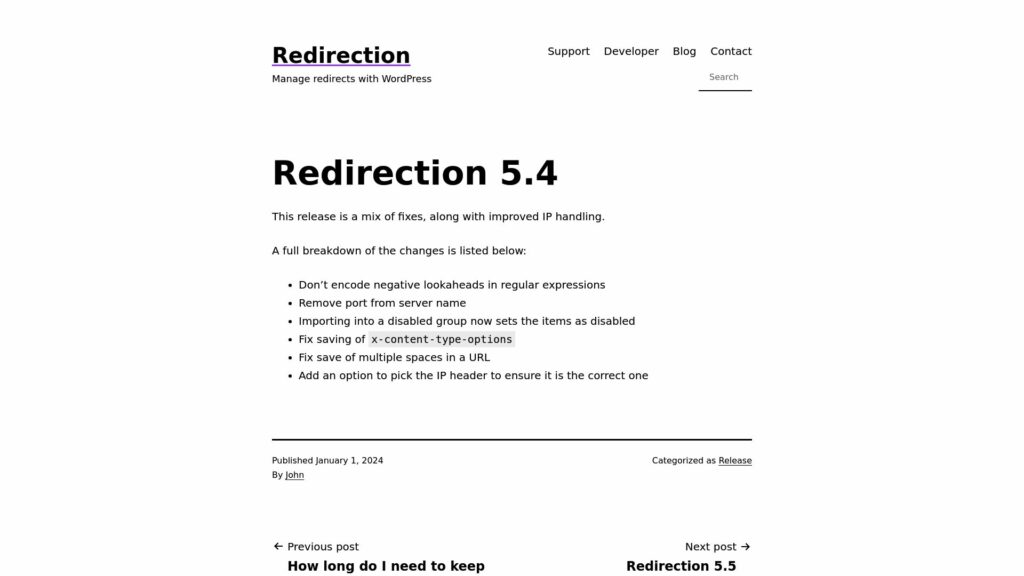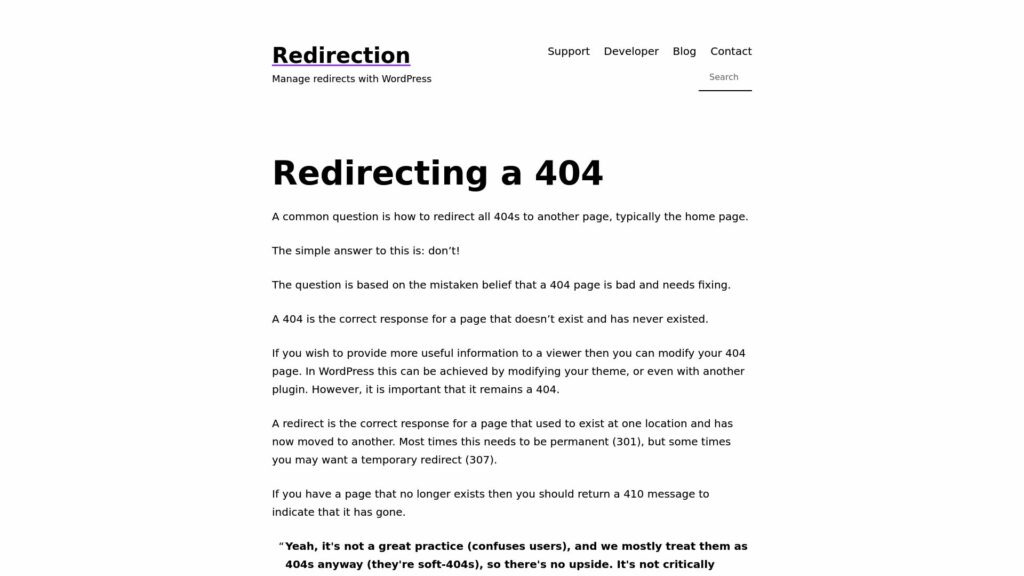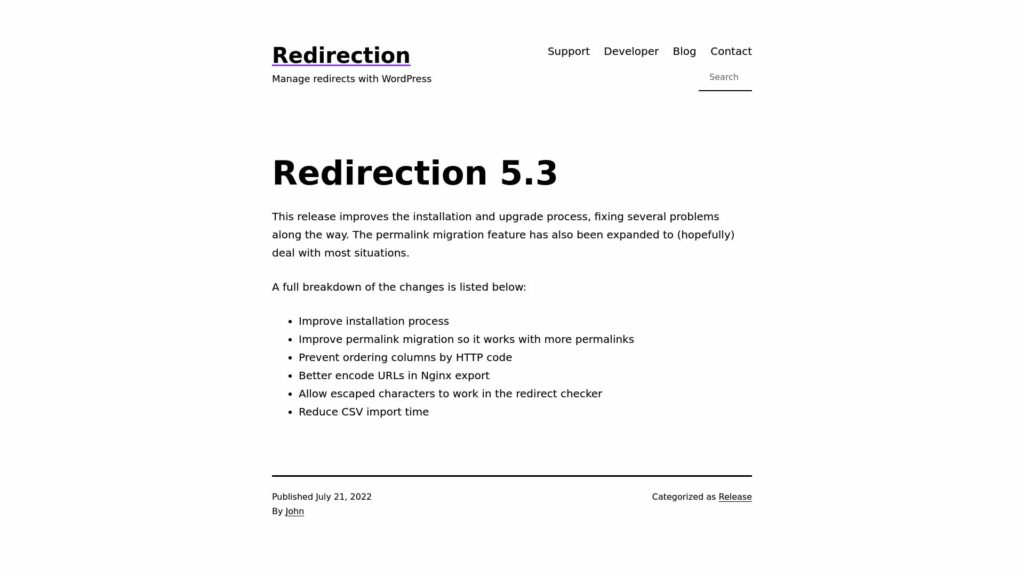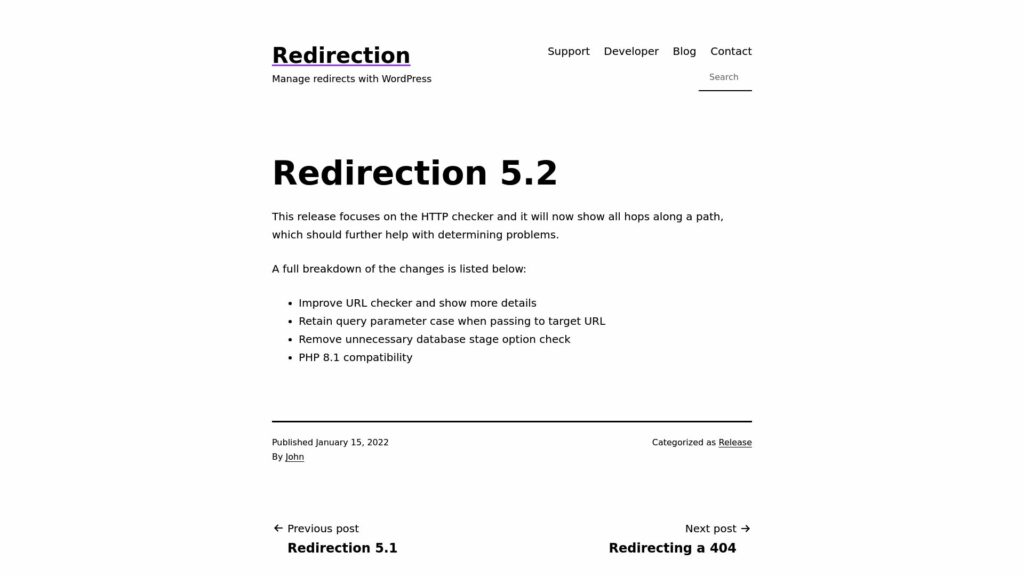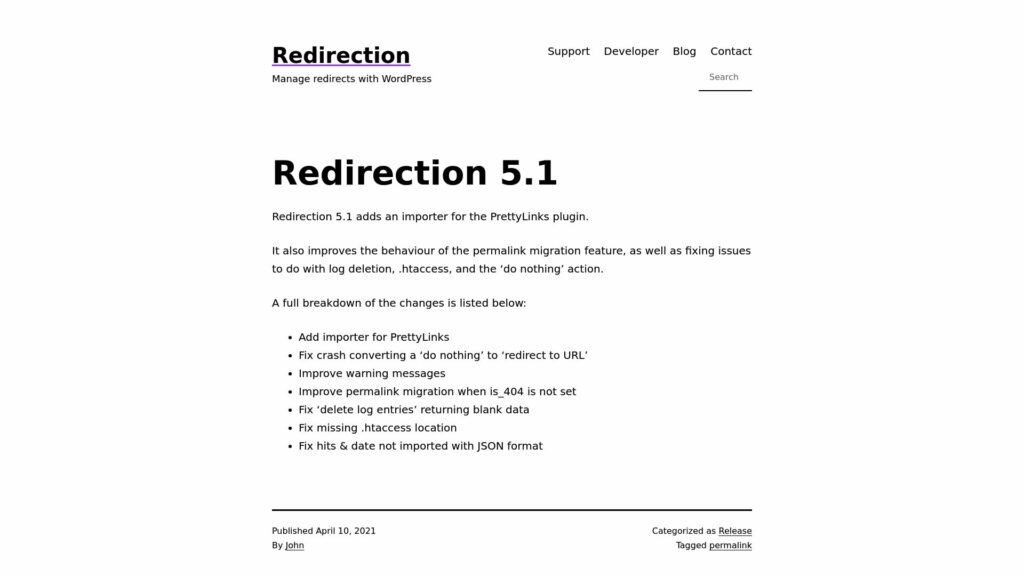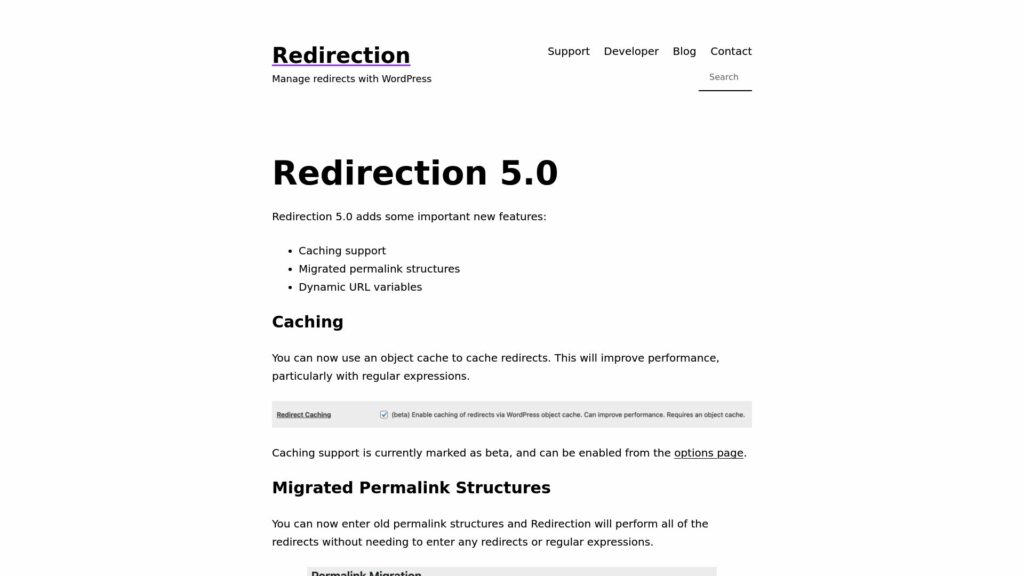How long do I need to keep a redirect for?
Redirects should stay active as long as old URLs may be accessed. They serve to update search engines and prevent 404 errors. Search engines will eventually update, but direct access may persist due to bookmarks or shared links. It's a myth that too many redirects slow sites down; it's cheap to maintain them. Clean up redirects using the ‘last access' feature, removing those rarely used, but ensure there’s no risk of lost access before deleting. Each site may have unique needs; 404 logs can help manage removed redirects.
